Brief History
When Florida Governor DeSantis signed bill HB 467 into law in June 2020, physical therapists in the State of Florida were legally allowed to start using dry needling in the treatment of their patients. From that day onwards, the Florida Statutes became law. Section 486.117 of the Statutes stipulates that the
(1) The board shall establish minimum standards of practice for the performance of dry needling by physical therapists, including, at a minimum, all of the following:
(a) Completion of 2 years of licensed practice as a physical therapist.
(b) Completion of 50 hours of face-to-face continuing education from an entity accredited in accordance with s. 486.109 on the topic of dry needling which must include a determination by the physical therapist instructor that the physical therapist demonstrates the requisite psychomotor skills to safely perform dry needling. The continuing education must include instruction in all of the following areas:

- Theory of dry needling.
- Selection and safe handling of needles and other apparatus or equipment used in dry needling, including instruction on the proper handling of biohazardous waste.
- Indications and contraindications for dry needling.
- Psychomotor skills needed to perform dry needling.
- Postintervention care, including adverse responses, adverse event recordkeeping, and any reporting obligations.
(c)
- Completion of at least 25 patient sessions of dry needling performed under the supervision of a physical therapist who holds an active license to practice physical therapy in any state or the District of Columbia, who has actively performed dry needling for at least 1 year, and who documents that he or she has met the supervision and competency requirements and needs no additional supervised sessions to perform dry needling; or
- Completion of 25 patient sessions of dry needling performed as a physical therapist licensed in any state or in the United States Armed Forces.
(d) A requirement that dry needling may not be performed without patient consent and must be a part of a patient’s documented plan of care.
(e) A requirement that dry needling may not be delegated to any person other than a physical therapist who is authorized to engage in dry needling under this chapter.
Final Rule 64B17-6.008
On April 19, 2021, the Florida Board of PT adopted the final rule. 64B17-6.008, F.A.C., Minimum Standards of Practice for the Performance of Dry Needling, which means that physical therapists in Florida need to comply with both the law and the rule. The minimum standards of practice for the performance of dry needling by a physical therapist include the following:

- Completion of two years of practice as a physical therapist licensed in any state or the District of Columbia;
- Completion of 50 hours of face-to-face continuing education on the topic of dry needling from an entity accredited in accordance with s. 486.109, F.S.
The continuing education must include instruction in the following subject areas:
- Theory of dry needling;
- Selection and safe handling of needles and other apparatus or equipment used in dry needling, including instruction on the proper handling of biohazardous waste;
- General indications and contraindications for dry needling, as well as complex anatomical and safety considerations of the craniofacial and peripheral nervous systems for dry needling of the head, neck, and torso;
- Psychomotor skills needed to perform dry needling, including tissue palpation, needle insertion, and needle extraction; and
- Postintervention care, including adverse responses, adverse event recordkeeping, and any reporting obligations.
What does this mean for graduates of the Myopain Seminars DN-3 course?
When physical therapists start the DN-3 course, they have already completed more than the required hours of face-to-face continuing education! During the DN-3 course, the instructor(s) supervised all students for more than 25 patient treatment sessions, concluding that upon completion of the DN-3 course, all students have met the supervision and competency requirements and need no additional supervised sessions to perform dry needling. All Myopain Seminars instructors exceed the minimum requirements to function as a supervisor. In other words, immediately following the completion of the DN-3 course, those students who are physical therapists licensed in Florida can complete their attestation form confirming that they have indeed received 25 supervised patient sessions.
What does this mean for Myopain Seminars students who only completed the DN-2 course?

- The preferred way would be to complete the Myopain Seminars DN-3 course, which not only will give you the 25 supervised patient treatment sessions, but you will also have the opportunity to become fully certified in dry needling with the added credentials of CMTPT/DN. In one of our blogs, we explain why we feel so strongly that completing the entire Dry Needling Certification makes the most sense for you and your practice from both a clinical and a legal point of view.
- If you prefer not to attend the Myopain Seminars DN-3 course, Myopain Seminars offers a one-day Treatment Session Supervision option in St. Augustine, FL. We offer this option infrequently, dependent upon the need, for only a limited number of clinicians. If your preferred date is sold out, please let us know you are interested in other dates. All Myopain Seminars instructor supervisors exceed the minimum requirements to function as a supervisor.
- You could “hire” an approved supervisor to provide the supervision. Although doable, this option may turn out to be the more expensive option that will take the most time to finish. It is very likely, that a personal supervisor would need to be reimbursed for the supervision time. At this point in time, Myopain Seminar has not yet set up this option, but if you would like to have a personal Myopain Seminars supervisor, please feel free to contact us and we will attempt to put you in touch with a qualified Myopain Seminars supervisor.
Questions? Don’t hesitate to contact us.

